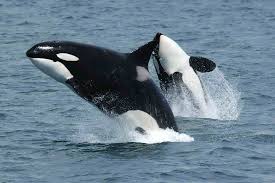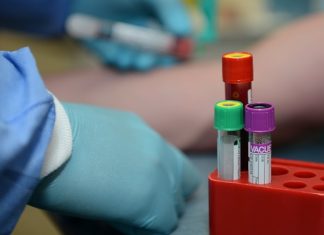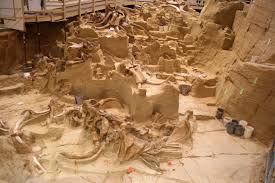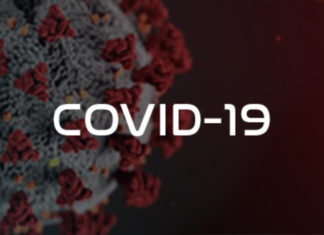 Off of the shores of the northwest United States, there is a drama playing out as wildlife biologists are desperately attempting to find a way to help an orca who is struggling with a mysterious ailment. An orca who scientists have named Scarlet is losing weight, and she is beginning to appear very emaciated.
Off of the shores of the northwest United States, there is a drama playing out as wildlife biologists are desperately attempting to find a way to help an orca who is struggling with a mysterious ailment. An orca who scientists have named Scarlet is losing weight, and she is beginning to appear very emaciated.
Over the course of the last several weeks, wildlife scientists have been observing a pod of orcas off the coast of the state of Washington. What first attracted the attention of the scientists was behavior being exhibited by a mother orca. One of the mothers in the pod experienced the death of her calf. For a period of 17 days, the mother orca kept in contact with the dead calf. She would attempt to push it up and out of the water hoping that the calf would begin to start breathing again.
While the wildlife scientists were observing the drama between the mother orca and her deceased calf, they noticed the problems that Scarlet was having. Scientists decided that more investigation was needed, and treatment was in order.
The first thing that the scientists wanted to accomplish was to get a broad-spectrum antibiotic into the orca. This was achieved by a dart filled with medicine being shot into Scarlet.
The next step was for scientists to try to identify what organism was causing the problems that Scarlet was exhibiting. To do this, scientists approached Scarlet very closely in a small boat. They approached close enough that they were able to obtain a breath sample from the orca. This sample will be analyzed to make sure that the antibiotic administered is the right treatment or if a different treatment protocol should be attempted.
The final phase of the scientist’s plan was to try to get Scarlet to eat. Salmon were presented to the orca by members of a local Native American tribe who went out in boats to help bring food to Scarlet. Scarlet did eat some of the food as far as scientists are able to tell.
Scarlet and her pod will remain under surveillance for the foreseeable future. If she continues to deteriorate, scientists will attempt to take more breath samples and a feces sample.









